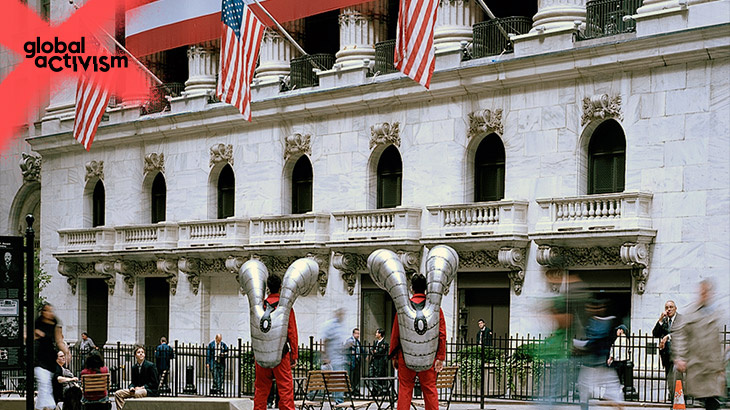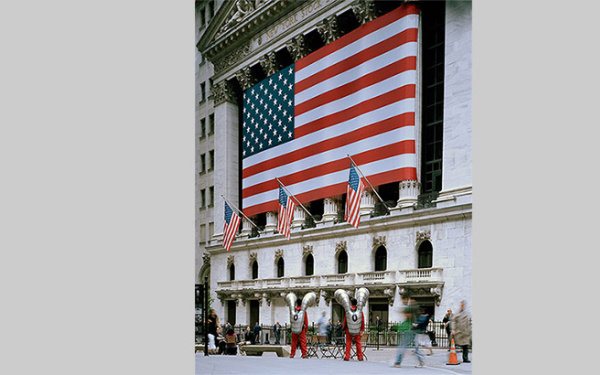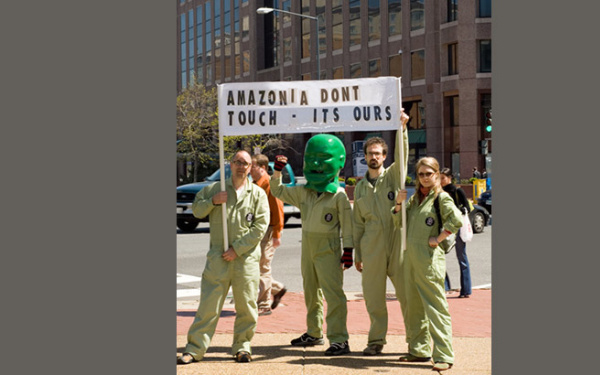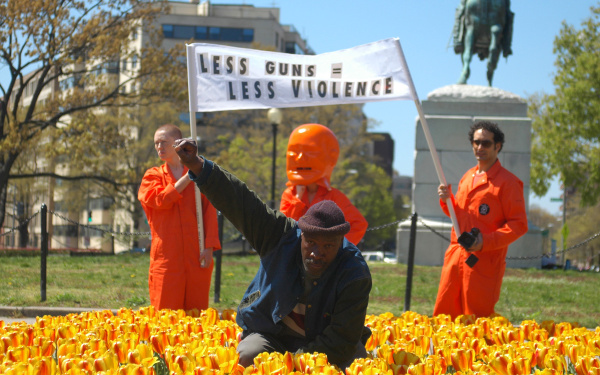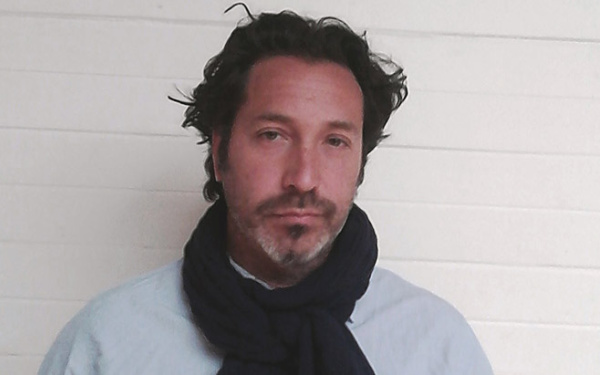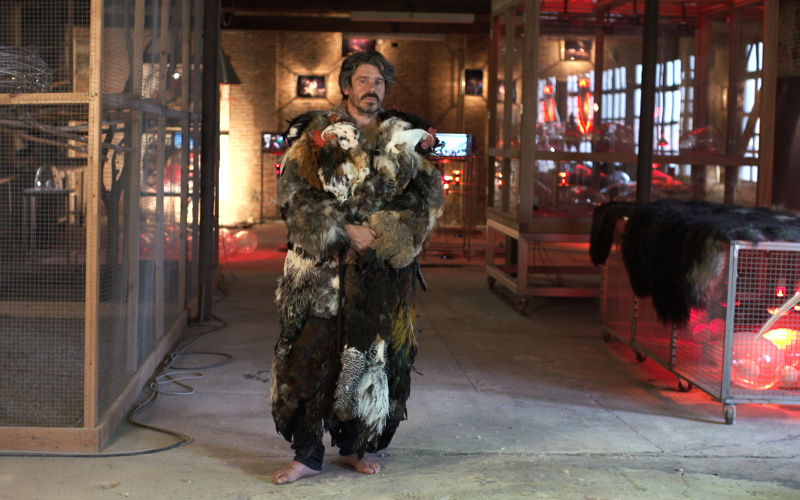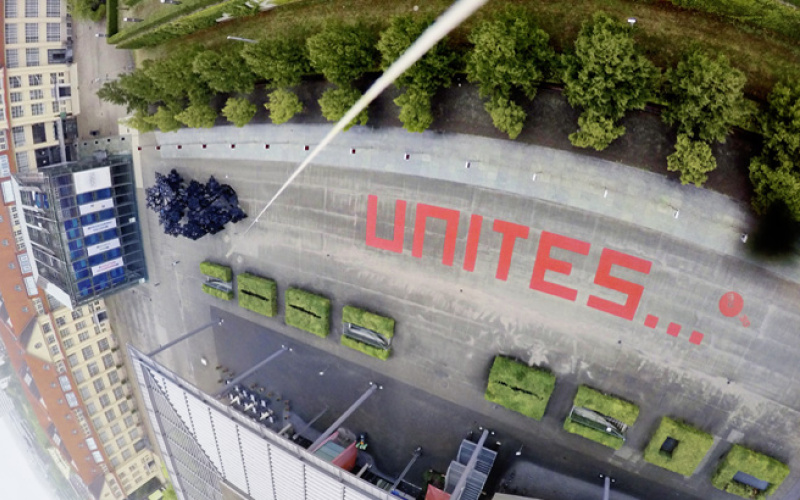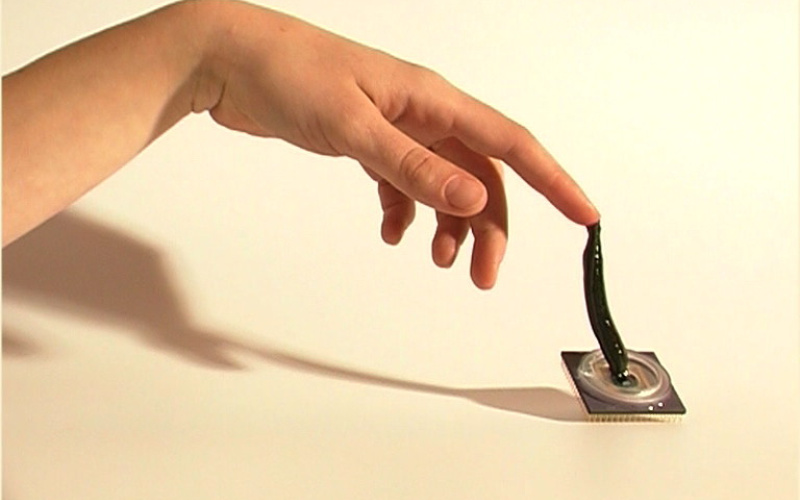Edgar Endress interviewed via e-mail by Dietrich Heißenbüttel, January 2014
AN INTERVIEW WITH EDGAR ENDRESS BY DIETRICH HEIßENBÜTTEL
Dietrich Heißenbüttel: With Floating Lab Collective, you are working mostly in public space. Why?
Edgar Endress: Floating Lab Collective was originally created as a response to the political landscape of Washington DC. In 2007 when it was created some of us felt the need to engage in an inclusive public discourse outside the dominant cultural institutional narratives of the big museum, in Washington DC. We sensed the possibilities of establishing interfaces for alternative narratives and voices of dissent to expand even across the guarded border of the USA.
We proposed an open discourse where we reach bystanders – members of the public who are not traditionally part of the art experience. The public space in Washington DC has historically been a contested landscape where ideas of social change were mobilized, from the creation of tent cities by former slaves during the Civil War to the Occupy DC movement.
In that context Washington DC public space is preloaded as the space of a battleground for the antagonistic almighty democracy – a utopian free speech society within a formalized police state. DC is also the city of national memorials, and we use that as launching mechanism. Recently, we have been expanding our project into other public spaces in other countries like Mexico, Colombia, and Haiti.
Projects like Protesting on demand or Scream at the economy are not activism in the strict sense of campaigning for certain goals or attracting attention to problems in society, but rather work on a meta-level. Could you briefly explain the intentions?
Edgar Endress: Both of the projects are conceptualized by us as social sculptures that are centered around questions about the notion of active and creative citizenry. The projects are social responses that collaborate with the aesthetic of democracy. These projects are designed as evocative projects for the public imagination to create tension with the status quo – to consider the creative process as a social catalyst.
Previously, you only did video installations. Do you continue to do so / when or why did the shift occur / or, otherwise, what is the relation between the two?
Edgar Endress: I started my art career as a video artist using video installation as a format. Although video installation is still part of my personal repertoire, my emphasis for the past seven years has been Floating Lab Collective. Video and video installation were integrated into the practice of Floating Lab Collective because video can translate some of the core ideas of our practice well.
Has growing up in Chile under the Pinochet dictatorship had an impact your work?
Edgar Endress: Pinochet dictatorship impacted extensively life in Chile to the extent of present social and political life. I was raised during the Pinochet regime and I experienced a society fractured by a systemic implementation of fear as a control mechanism. With fear surfaced strategies of resistance and resilience. My experience was impacted by those creative acts of resistance that happened everywhere in the country, where gestures and alternative narratives impacted daily life in Chile. The social landscape of fear created an underground landscape of social solidarity and generosity. These things certainly impact my perspective and my work.
All articles of the blog discussion on “global aCtIVISm” Further information on: www.global-activism.de
About the artist
Edgar Endress is a George Mason University assistant professor teaching new media and public art. Born in Chile, he has exhibited extensively throughout the Americas. In 2007, in association with Provisions, he initiated the Floating Lab Collective, a team of interdisciplinary artists who deploy innovative art projects in collaboration with urban communities. His work focuses on syncretism in the Andes, displacement in the Caribbean, and mobile art-making practices. He received his MFA in Video Art from Syracuse University. He has participated in the New York Video Festival, Videonale 11, 20th World Wide Video Festival in Amsterdam, Reina Sofia museum, 10th Sharjah Biennial, Transitio-MX, among many others. He has received numerous grants and fellowships, including from the Virginia Museum of Fine Arts and the Creative Capital Fund.
News Type
News Category
- tracks & records
